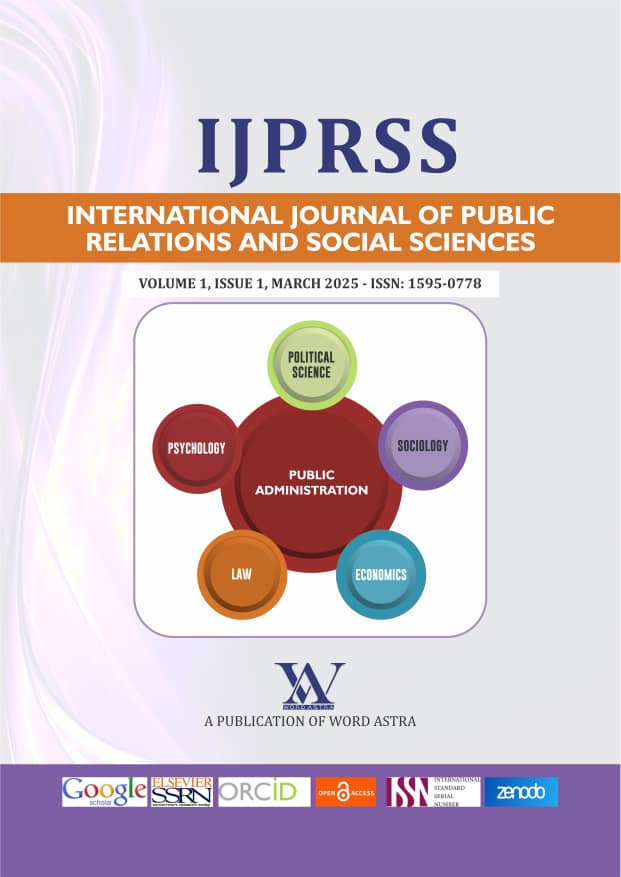
Influence of Trade Unions on Workforce Diversity Management: Evidence from Nigeria's Public Sector
Abstract This study examines the influence of trade unions on workforce diversity management in Nigeria’s public sector, with a focus on how union activities contribute to promoting inclusivity, fairness, and equity within public institutions. Anchored on the Social Exchange Theory (SET), the study adopts a quantitative research design, utilizing structured questionnaires distributed to 350 public sector employees, comprising 250 unionized and 100 non-unionized workers. Data analysis was conducted using the Statistical Package for Social Sciences (SPSS), with descriptive statistics, correlation analysis, and multiple regression analysis employed to assess the relationship between trade union involvement and workforce diversity management. Findings reveal that 62.9% of respondents agreed that trade unions play a significant role in fostering diversity and inclusion, while correlation analysis (r = 0.674, p < 0.01) established a strong positive relationship between union involvement and workforce inclusivity. Moreover, regression analysis confirmed that trade union involvement (β = 0.541, p < 0.01) is the most significant predictor of diversity management, followed by years of experience (β = 0.215, p < 0.01), while gender differences were statistically insignificant (β = -0.092, p = 0.219). The study concludes that trade unions are key drivers of diversity management in Nigeria’s public sector, yet collaborative efforts between unions and public sector management are necessary to fully achieve workplace inclusivity and equity. The study recommends strengthening union advocacy for diversity policies, capacity building, and the inclusion of more women in union leadership roles to bridge existing diversity gaps.
Download Article


